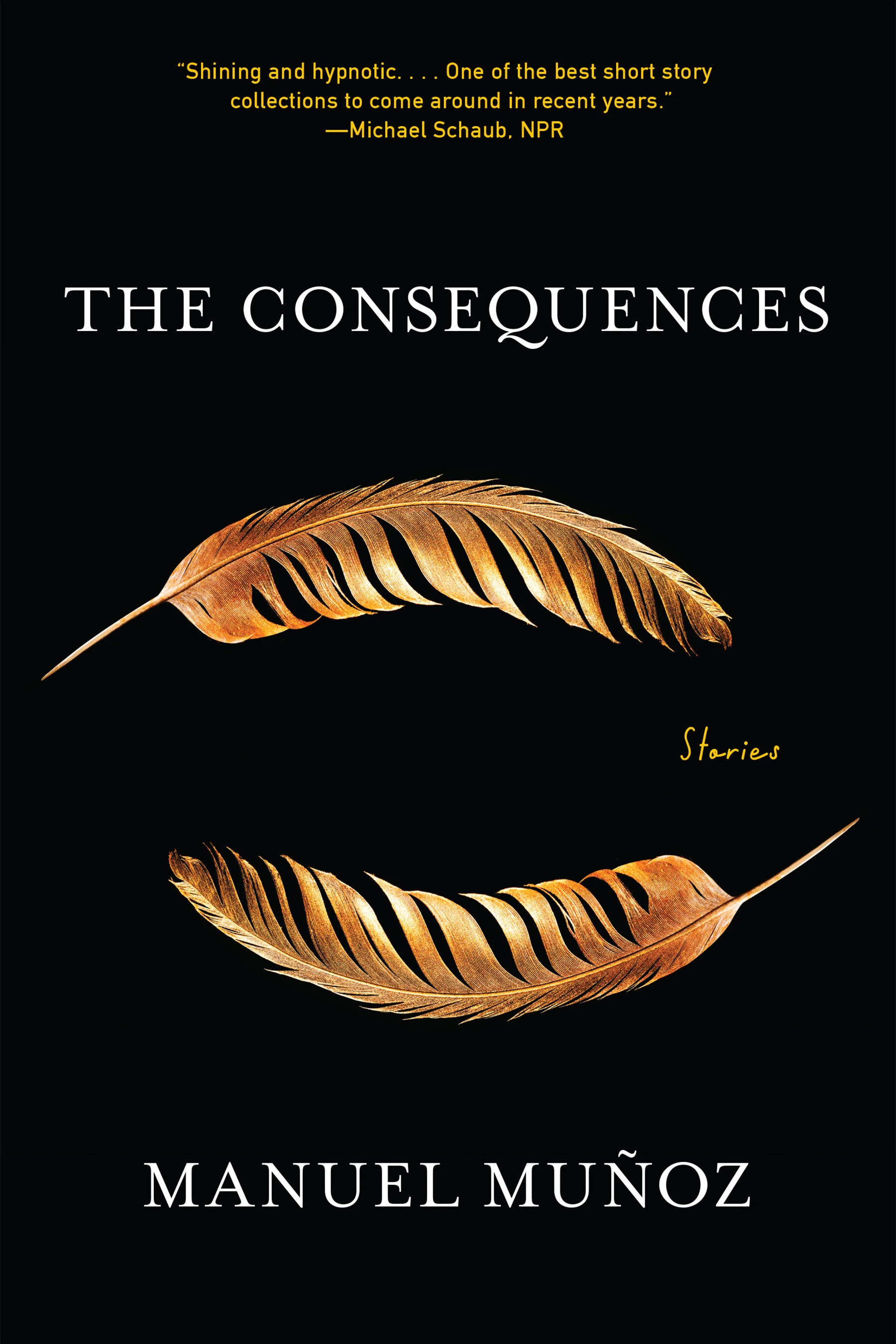
Photo by ©Oliver Wasow
Rabih Alameddine
Rabih Alameddine is the author of the novels The Wrong End of the Telescope; The Angel of History; An Unnecessary Woman; The Hakawati; I, the Divine; and Koolaids, as well as the story collection The Perv. His books have been translated into more than twenty languages. His most recent awards include the 2019 Dos Passos Prize, the 2021 Lannan Prize for Fiction, and the 2022 Pen/Faulkner award. He divides his time between his bedroom and his living room.
Rabih Alameddine at the Arab American Book Awards (Full Interview w/ Kamelya Omayma Youssef).
Photo by Kristi Jan Hoover
Clare Beams
Clare Beams’s novel The Illness Lesson was longlisted for the Center for Fiction First Novel Prize and was named a New York Times Editors’ Choice, a best book of 2020 by Esquire and Bustle, and a best book of February by Time, O Magazine, and Entertainment Weekly. Her story collection We Show What We Have Learned won the Bard Fiction Prize, was longlisted for the Story Prize, and was a Kirkus Best Debut of 2016, as well as a finalist for the PEN/Robert W. Bingham Prize, the New York Public Library’s Young Lions Fiction Award, and the Shirley Jackson Award. A new novel, The Garden, will be published in 2024. Her fiction appears in One Story, Ecotone, Conjunctions, The Best American Nonrequired Reading, and elsewhere, and has twice been recognized as a Distinguished Story in Best American Short Stories. She has received fellowships from the National Endowment for the Arts, the Bread Loaf and Sewanee Writers' Conferences, MacDowell, and the Sustainable Arts Foundation. She lives in Pittsburgh with her husband and two daughters and teaches in the Randolph College MFA program.
Clare Beams in conversation with Mary South for LIT TALKS.
Clare Beams featured in Mary Kreizman’s “Sheltering” series at LitHub.
Photo courtesy of the author
James Hannaham
James Hannaham is the author of the books Pilot Impostor, God Says No, and Delicious Foods, which won the PEN/Faulkner and Hurston/Wright Legacy Awards for Fiction, and like his latest novel, Didn’t Nobody Give a Shit What Happened to Carlotta, was on the New York Times list of 100 Notable Books and is a finalist for the LA Times Book Prize. He is also a conceptual artist whose work has appeared at Open Source Gallery, Main Street Arts, DC Moore Gallery, and The Center for Emerging Visual Artists
Photo by Chris Carroll
David Means
David Means was born and raised in Michigan. He is the author of six short-story collections, including Instructions for a Funeral, The Spot (A New York Times notable book of the year), Assorted Fire Events (winner of the Los Angeles Times Book Prize for Fiction), The Secret Goldfish, and of the novel Hystopia (long-listed for the Man Booker Prize). His stories have appeared in The New Yorker, Harper’s, Zoetrope, The Best American Short Stories, The Best American Mystery Stories, The O. Henry Prize Stories, The Pushcart Prize Stories, and other publications. The recipient of a Guggenheim Fellowship in 2013, Means lives in Nyack, New York, and teaches at Vassar College.
David Means reading for the New Yorker, followed by an interview with Deborah Treisman
David Means’ featured event at Center for Fiction with Sidik Fofana and Rebecca Miller
Photo courtesy of the author
Manuel Muñoz
Manuel Muñoz is the author of a novel, What You See in the Dark, and the short-story collections Zigzagger and The Faith Healer of Olive Avenue, which was shortlisted for the Frank O’Connor International Short Story Award. He is the recipient of fellowships from the National Endowment for the Arts and the New York Foundation for the Arts. He has been recognized with a Whiting Writer’s Award, three O. Henry Awards, and an appearance in Best American Short Stories. His most recent book, The Consequences, was published by Graywolf Press in 2022. A native of Dinuba, California, he currently lives and works in Tucson, Arizona.
Manuel Muñoz discusses The Consequences on World Literature Today.












